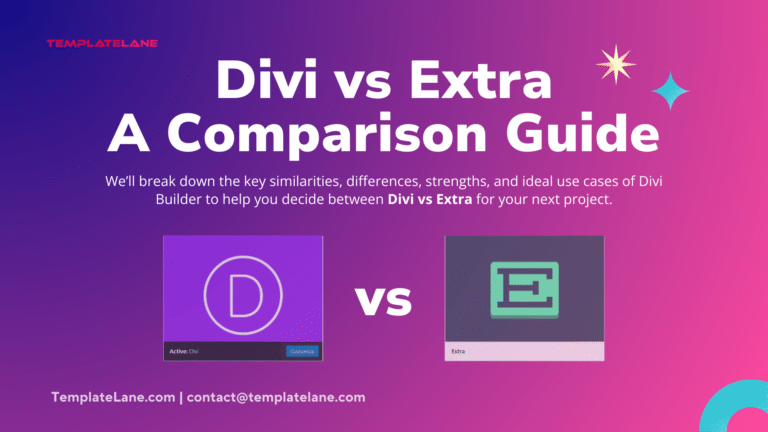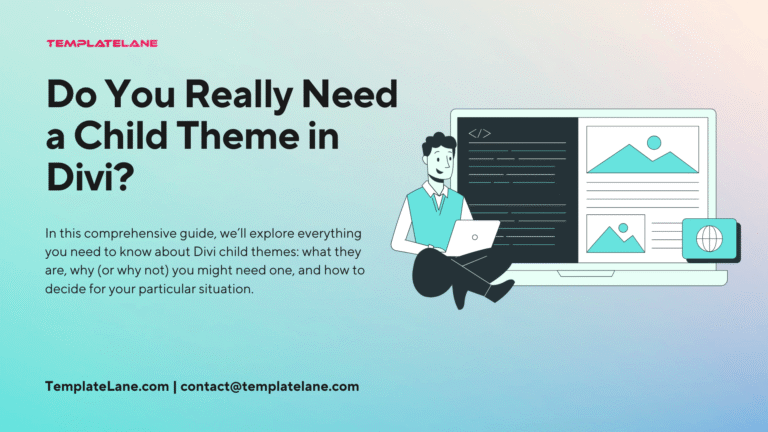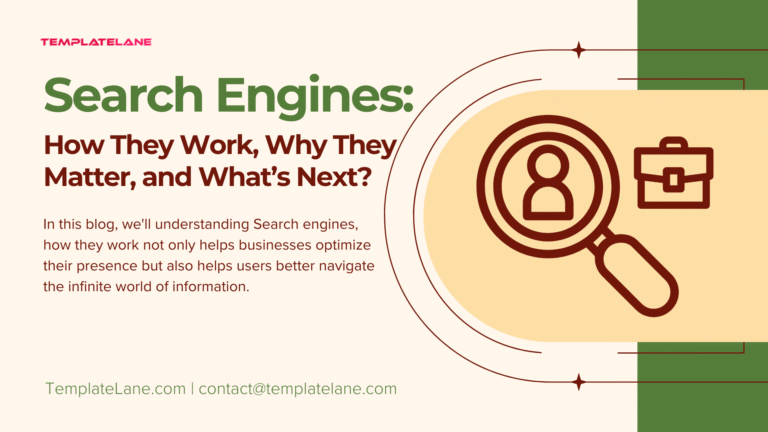Limited Time Offer 👉 Get 58% off Divi AI with the Divi Pro.
Top 10 Alternative Search Engines to Google in 2025
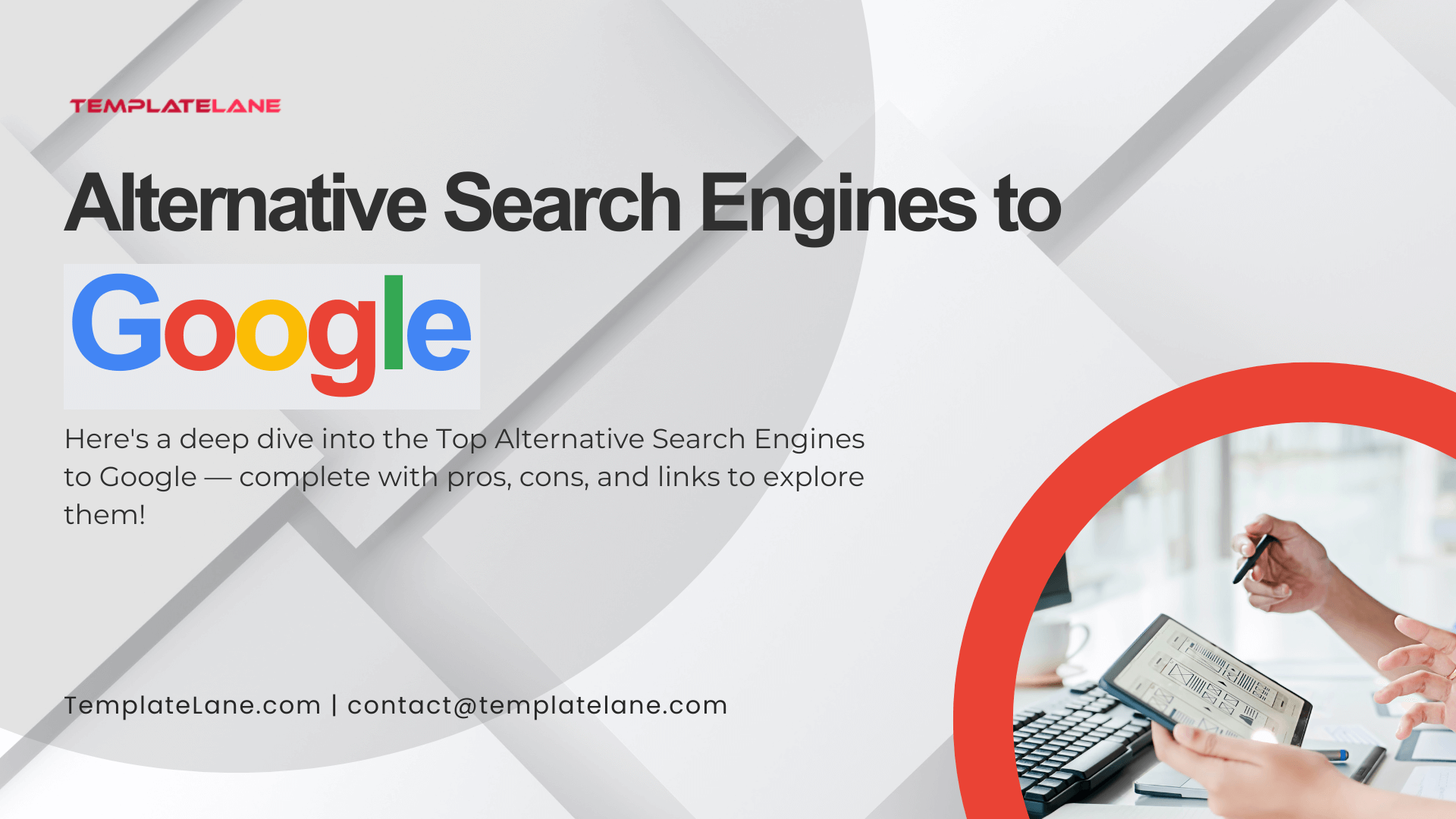
Google dominates the search engine market — with around 90% global market share, it’s the first name that comes to mind when people think of searching online. However, Google’s dominance also brings concerns: privacy issues, data tracking, personalized filters, and monopolistic behaviors.
Thankfully, a rich landscape of alternative search engines exists, catering to different priorities like privacy, specialized content, neutrality, and unique features. Whether you’re concerned about your digital footprint or just curious about better results, this guide covers the top 10 alternatives to Google you can explore.
Let’s dive in!
What Is a Search Engine?
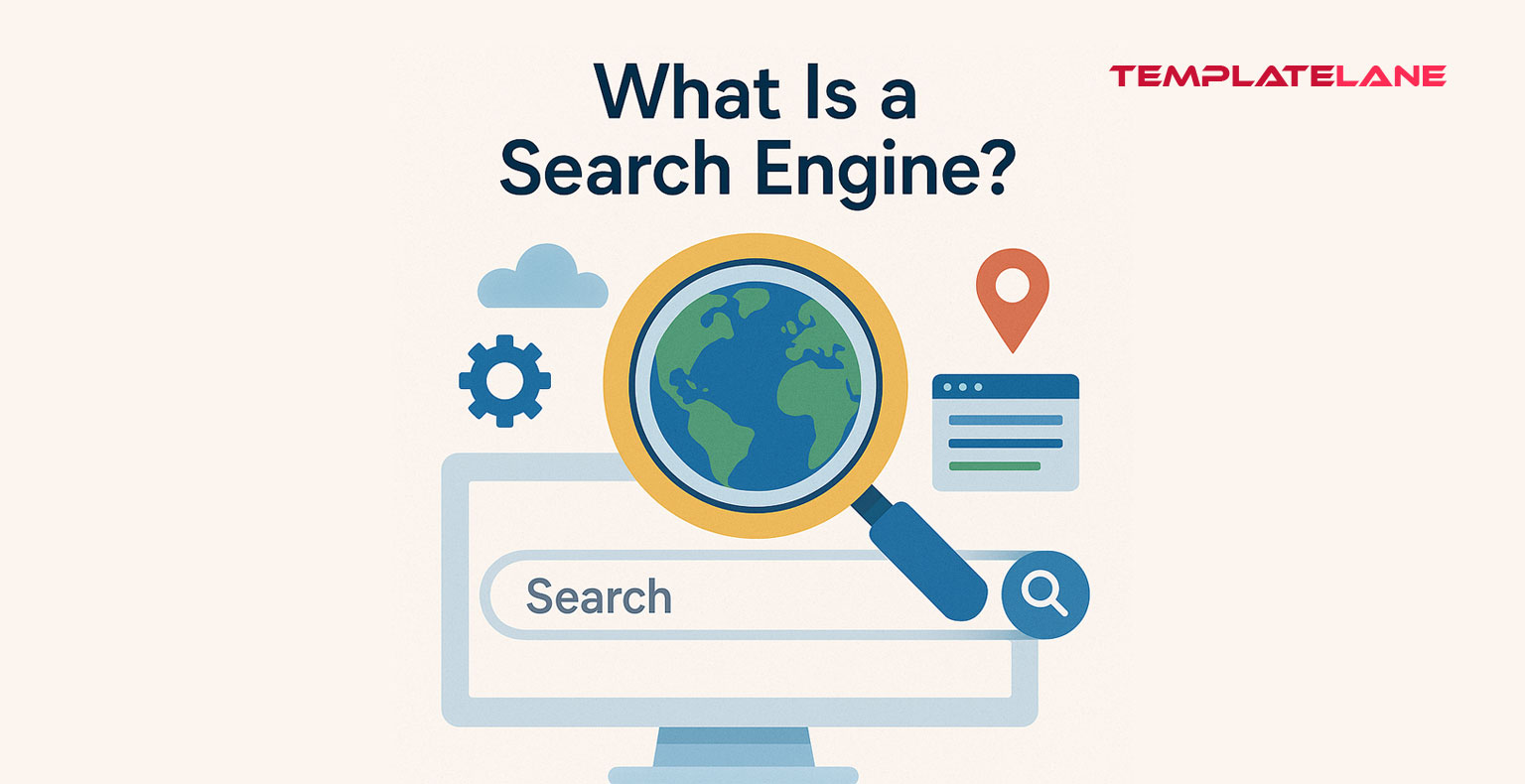
A search engine is a software system designed to carry out web searches. It systematically searches the Internet or a database for information based on user queries and presents the results, typically ranked by relevance.
The most well-known example is Google, but there are many others including Bing, Yahoo, DuckDuckGo.
At a high level, a search engine performs three key functions:
- Crawling – Scouring the Internet for content.
- Indexing – Organizing and storing content.
- Ranking and Retrieving – Fetching and presenting the most relevant results to users.
1. Bing (Microsoft’s Revamped Search Powerhouse):
- Founded: 2009
- Tagline: “Only Bing can bring you rewards.”
- Best for: Visual search and cashback rewards.
Bing has evolved significantly under Microsoft’s stewardship. With integration into Windows, Edge, and Xbox, Bing provides visually rich search results, especially for images, shopping, and travel.

- Microsoft Rewards (earn points for searches).
- Excellent video search experience.
- AI-powered features via integration with ChatGPT-4 in 2023.
- Visually rich results (especially for images and videos).
- Microsoft Rewards program (earn points as you search).
- AI-powered enhancements via ChatGPT.
- Ad-heavy results pages.
- Still not as comprehensive as Google in certain areas.
- Privacy concerns similar to Google.
- If you’re looking for a feature-rich, visually appealing search experience and some cashback rewards, Bing is compelling.
2. Yahoo Search (The Veteran Web Portal and Search Engine):
- Founded: 1994 (Search service started in 1995)
- Tagline: “Your search, your way.”
- Best for: Integrated services beyond just web searching.
Yahoo was once the biggest name on the internet and, while it’s not a dominant force today, its search service remains popular, especially for users who use Yahoo for email, finance news, sports, and lifestyle content. Currently, Yahoo’s search results are powered by Bing through a partnership.
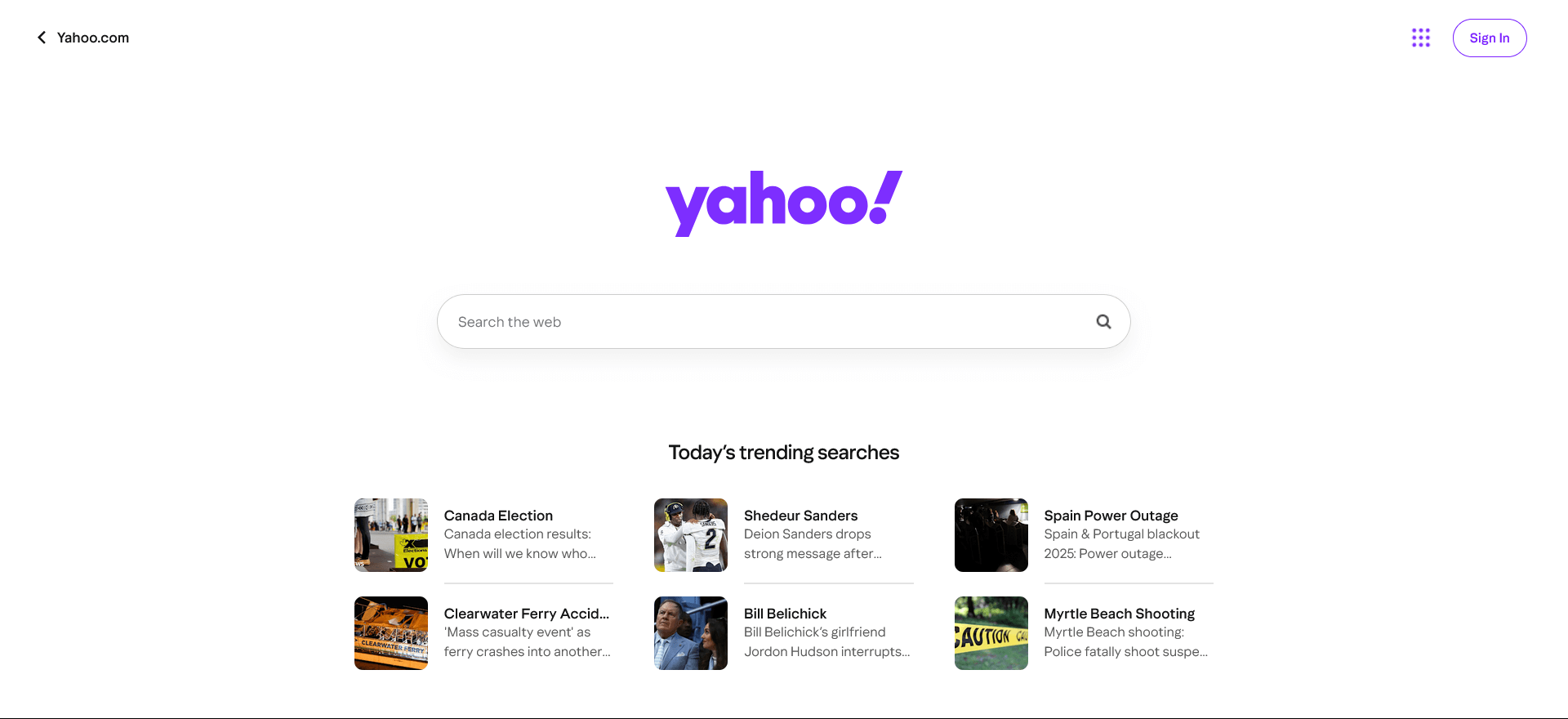
- Access to Yahoo services directly from search resul
- Offers broad and reliable search indexing.
- Customize your news, weather, finance updates, and more.
- Live updates and highlights on current events.
- Dedicated areas for finding sales and bargains.
- Integrated with Yahoo services (Finance, News, Sports, Mail).
- Clean and easy-to-navigate interface.
- Strong brand trust with long-time users.
- Search results are essentially Bing’s, with a Yahoo overlay.
- Ad-heavy results.
- Privacy policies are not as strict as some newer alternatives.
- If you want a simple, familiar, and multi-functional portal that includes not just search, but also daily news, stock market updates, email, and weather, Yahoo Search is a strong choice.
- Ideal for users who like to consolidate their browsing activities in one place without switching between different websites or apps.
3. DuckDuckGo (The Privacy-Focused Choice):
- Founded: 2008
- Tagline: “Privacy, simplified.”
- Best for: Users who prioritize privacy over personalization.
DuckDuckGo has carved out a strong reputation for not tracking user activity, search history, or IP addresses. It doesn’t build user profiles, meaning you see unbiased results rather than results curated by your past behavior.
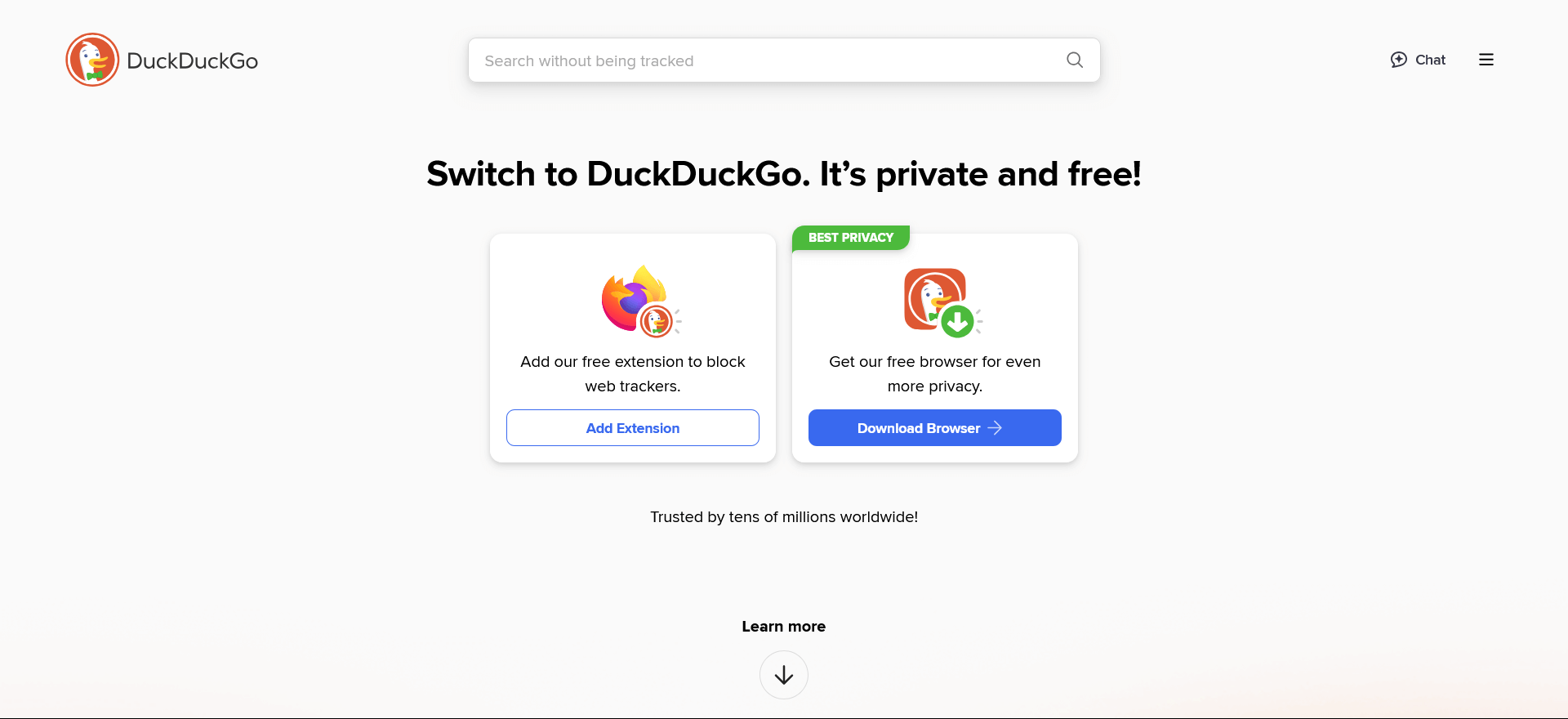
- No targeted ads.
- “Bangs” feature (e.g., !w for Wikipedia).
- Built-in tracker blocking on its browser and extensions.
- No personal tracking or profiling.
- Clean and simple interface.
- “Bangs” shortcuts for quick searches on other websites.
- Relies on Bing for many results.
- Less personalized search experience.
- Occasional gaps in very niche queries.
- If you’re tired of being followed by ads related to your searches, DuckDuckGo is a refreshing alternative.
4. Brave Search (Truly Independent and Private):
- Founded: 2021
- Tagline: “Search the web without being tracked.”
- Best for: Tech-savvy users and cryptocurrency enthusiasts.
Brave Search has evolved significantly under Microsoft’s stewardship. With integration into Windows, Edge, and Xbox, Bing provides visually rich search results, especially for images, shopping, and travel.
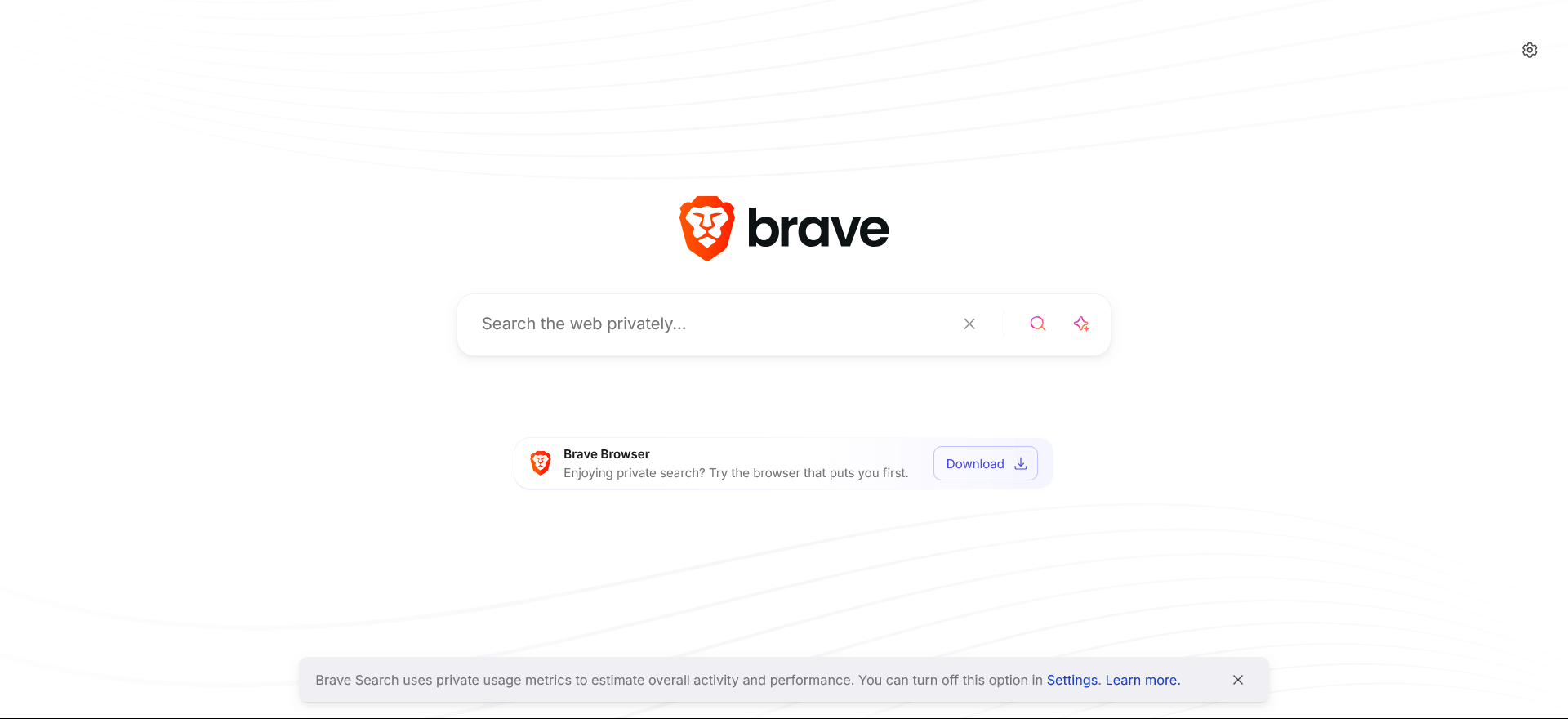
- No tracking or profiling.
- Open, community-curated ranking model (coming soon).
- Integration with Brave Browser for seamless experience.
- Independent indexing (not just Bing or Google results).
- No user profiling or tracking.
- Open-source ranking algorithms planned.
- Still growing — occasional less complete search results.
- Limited in some localized content compared to Google.
- If you want a search engine built from the ground up for privacy, Brave Search is one of the very few with its own crawler.
5. Startpage (Google Results Without the Google Tracking):
- Founded: 1998
- Tagline: “The world’s most private search engine.”
- Best for: Users who want Google-quality results but maximum privacy.
Startpage acts as a middleman — it fetches Google search results for you anonymously, stripping out any identifiers before sending queries.
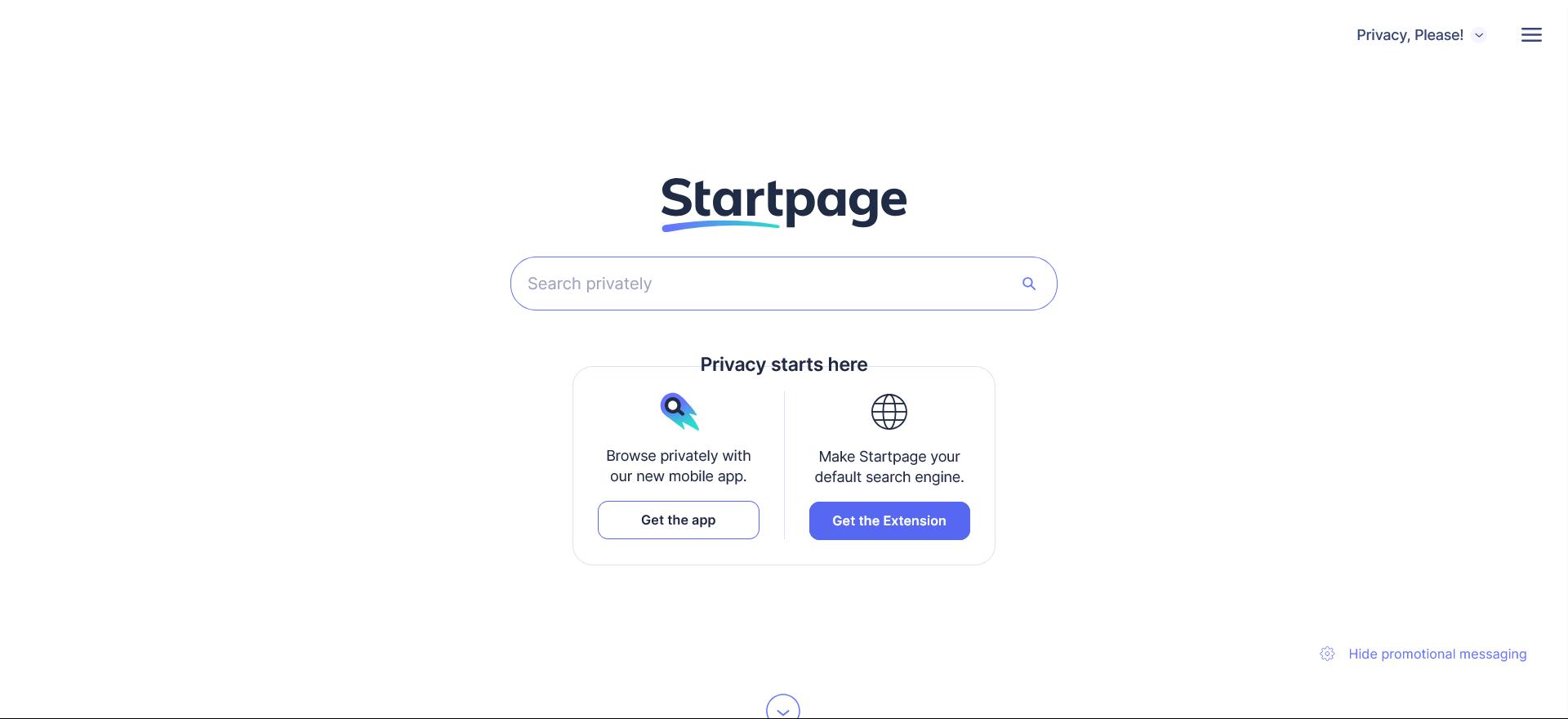
- Anonymous View (private browsing links).
- European-based (Netherlands) and GDPR-compliant.
- No targeted ads.
- Google search results with strict privacy.
- No cookies or user data storage.
- Anonymous View browsing option.
- Slightly slower performance due to anonymizing queries.
- Limited features compared to a full search ecosystem like Google or Bing.
- You want Google’s accurate results without selling your data.
6. Ecosia (The Eco-Friendly Search Engine):
- Founded: 2009
- Tagline: “The search engine that plants trees.”
- Best for: Eco-conscious users.
Ecosia uses its profits to plant trees worldwide. Every search helps fund reforestation efforts, and they publish monthly financial reports for transparency.
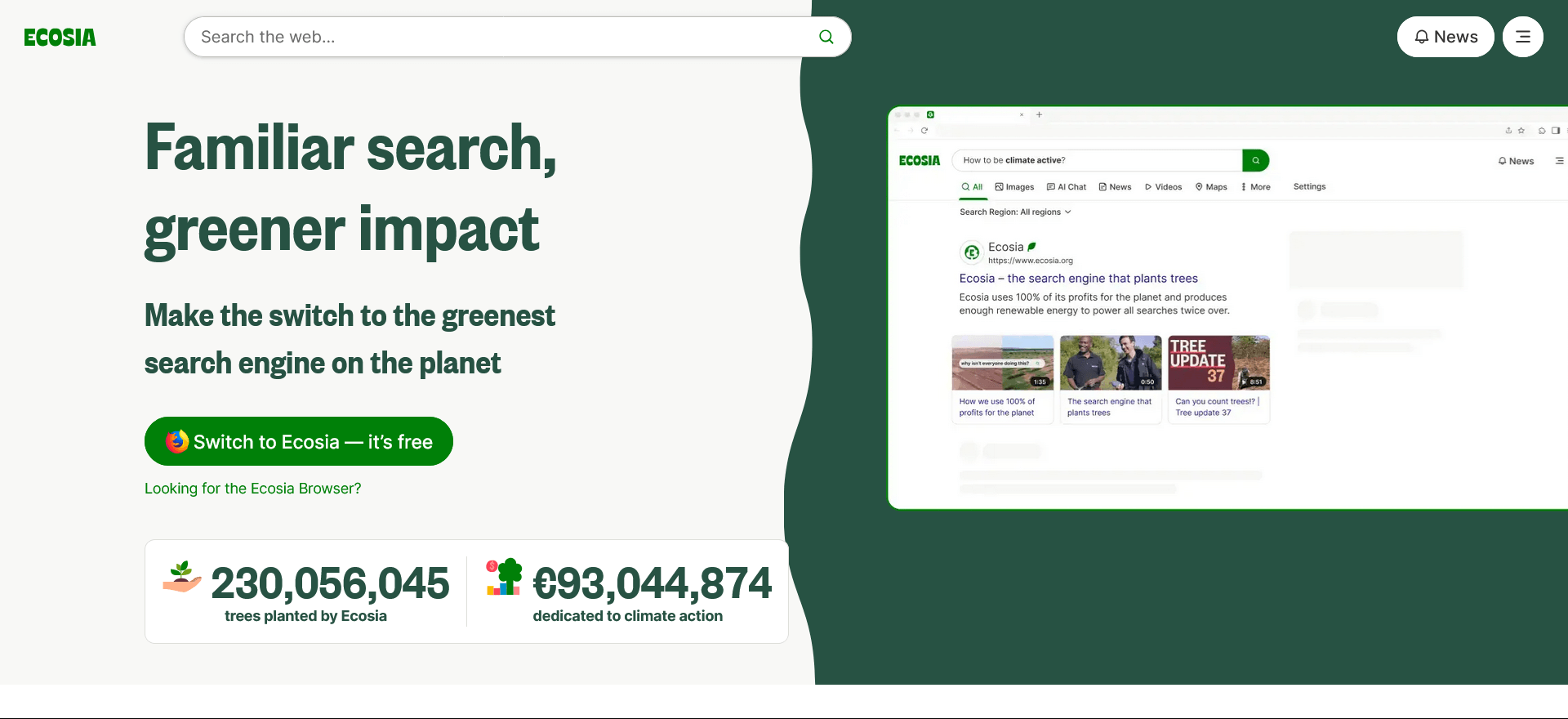
- Claims to plant one tree every ~45 searches.
- Runs on 100% renewable energy.
- Fully privacy-respecting (minimal tracking).
- Profits go to planting trees.
- Transparent financial reports.
- Powered by 100% renewable energy.
- Depends on Bing’s infrastructure.
- Search quality can occasionally feel less precise than Google.
- Because your searches can help reverse climate change — without compromising much on search quality (powered by Bing).
7. Yandex (Top Search for Russian Language Content):
- Founded: 1997 (by Arkady Volozh and Ilya Segalovich)
- Tagline: “The search engine that understands Russian.”
- Best for: Russian language content and local search in Russia/Eastern Europe
Yandex provides a full suite of internet services including maps, email, and cloud storage.
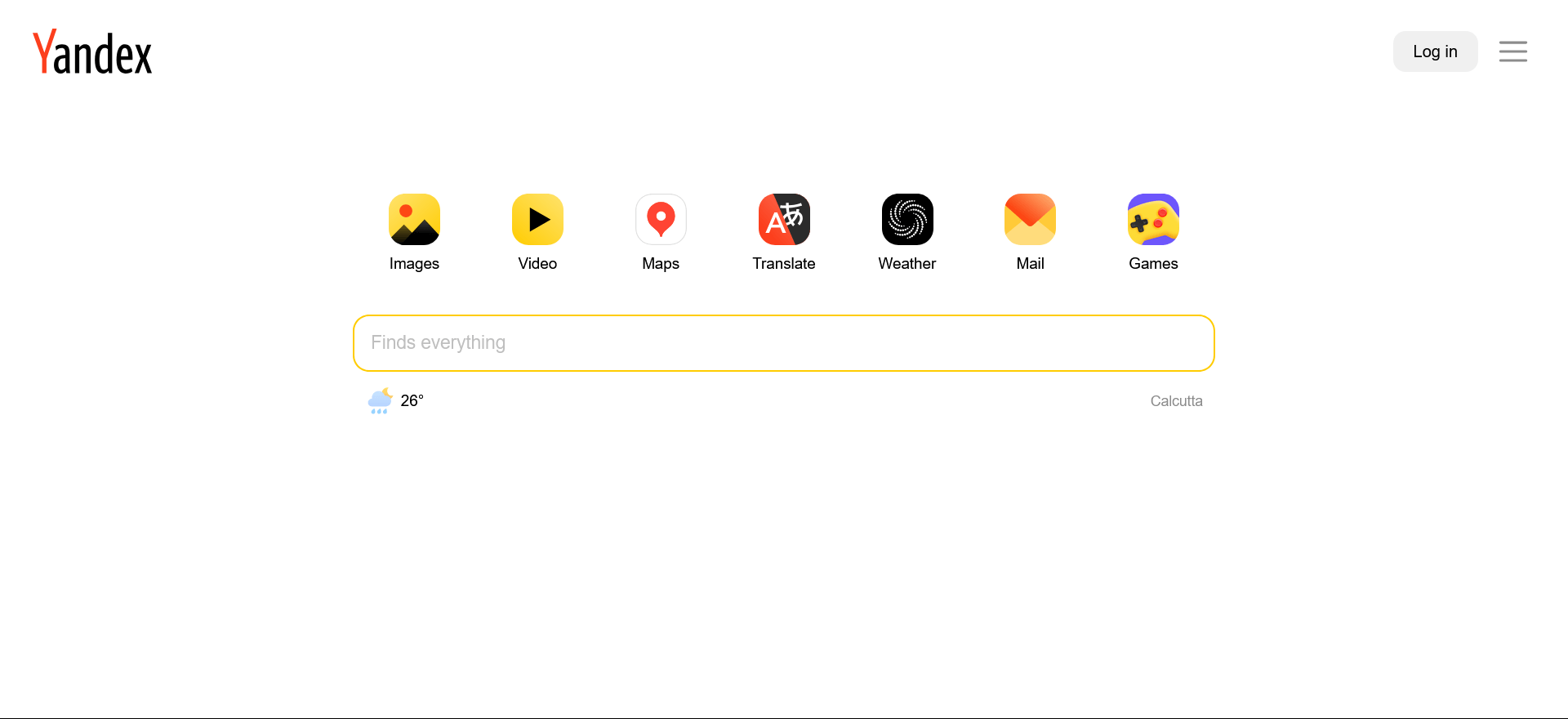
- Excellent for Russian-language search.
- Maps, cloud storage, translation.
- Voice assistant Alice.
- Strong in Russian and Slavic languages.
- Full ecosystem (like Google’s).
- Privacy concerns (especially for non-Russian users).
- Interface can feel cluttered.
- If you need better results for Russia, Ukraine, or Eastern Europe, Yandex is unbeatable.
8. Dogpile (Metasearch for Comprehensive Results):
- Founded: 1996 (by Aaron Flin)
- Tagline: “All the best search engines piled into one.”
- Best for: Comprehensive metasearch results.
Dogpile pulls results from multiple search engines (Google, Yahoo!, Yandex, etc.) to give you the “best of the best.
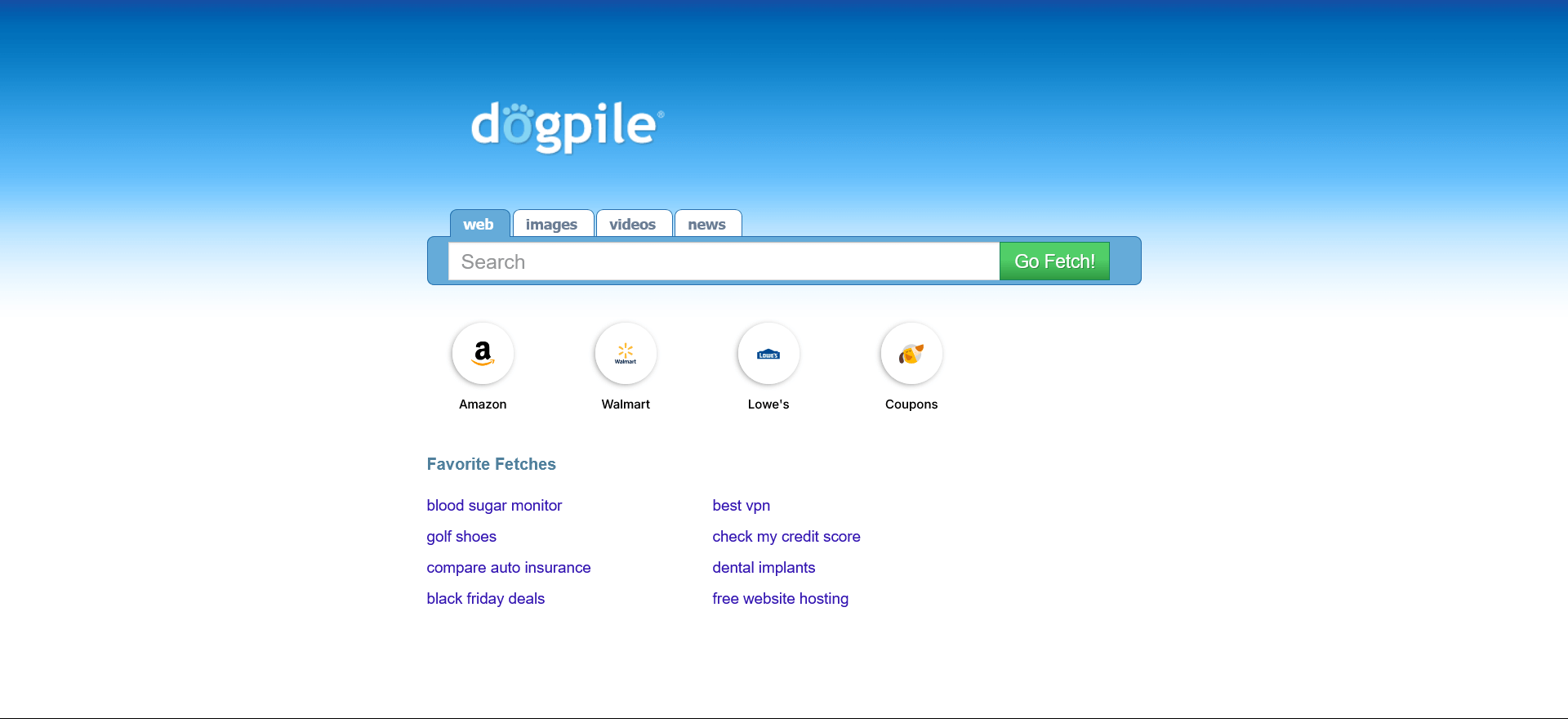
- Metasearch across engines.
- Quick access to images, video, news.
- Simple, retro-style UI.
- Aggregated results.
- Easy-to-use.
- Fast loading.
- Dated design.
- Sponsored ads sometimes dominate results.
- If you want a broader perspective by pulling from several search engines simultaneously.
9. Swisscows (Family-Friendly Private Search):
- Founded: 2014
- Tagline: “We respect your privacy.”
- Best for: Family users and education environments.
Swisscows is a Switzerland-based search engine known for strict content filtering (especially adult content) and end-to-end encrypted queries.
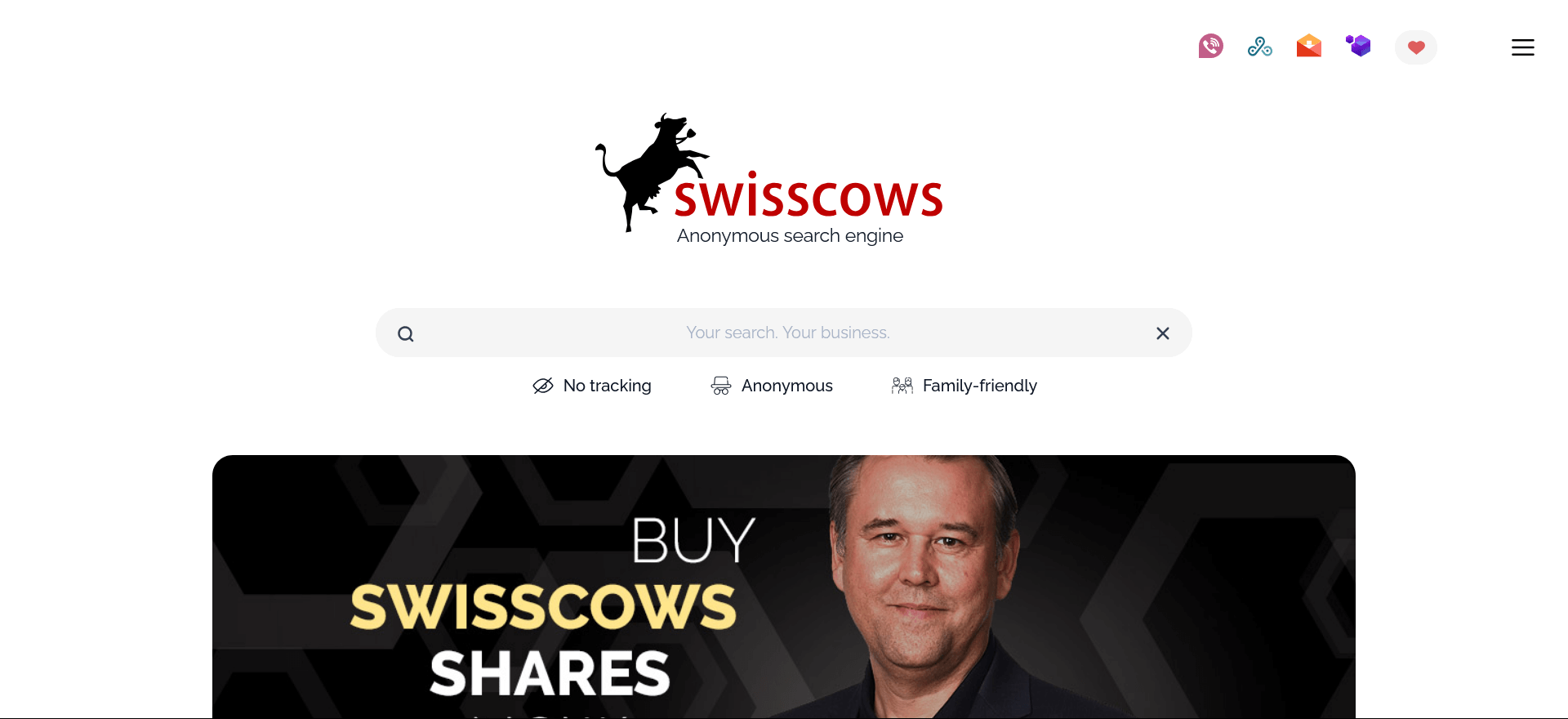
- No storage of personal data.
- Built-in family filter.
- Semantic search for better context.
- Privacy-first: no user tracking or storage.
- Built-in family-safe filtering (no adult content).
- Encrypted server locations in Switzerland.
- Limited results compared to bigger engines.
- Focus on German and European markets; English results improving.
- If you’re looking for a safe search environment for kids and family, Swisscows is ideal.
10. You (AI-Powered Personalized Search):
- Founded: 2020
- Tagline: “The AI Search Engine You Control.”
- Best for: Developers, researchers, and AI enthusiasts.
You offers a highly customizable search experience. You can choose to boost sources you trust (e.g., academic, code repositories) and suppress those you don’t.
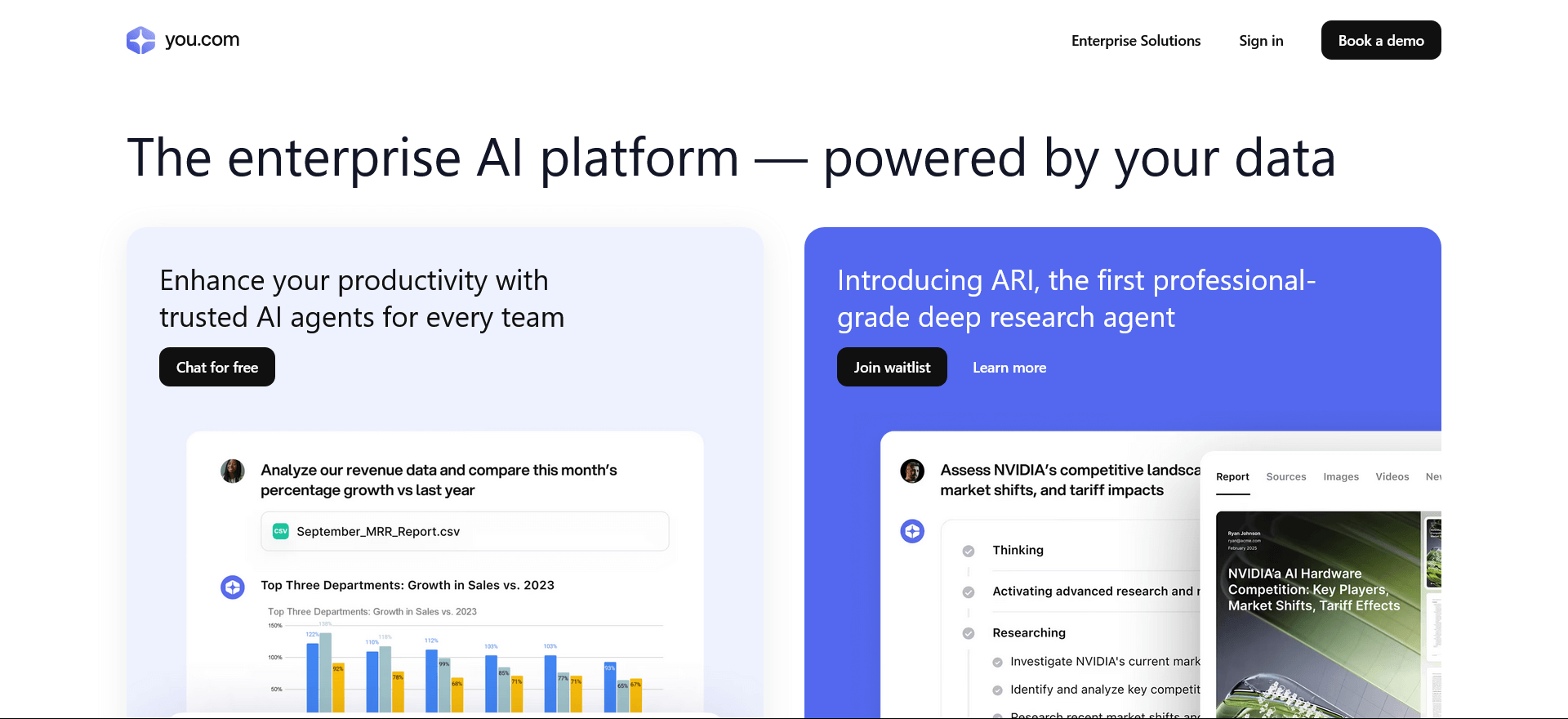
- AI integrations (YouWrite, YouCode).
- Plugin-based search experience.
- Private, ad-free option available.
- Highly customizable search preferences.
- Integrations with apps like YouWrite, YouCode.
- Private mode available.
- Still developing — not as comprehensive as Google yet.
- Requires learning curve to optimize personal settings.
- If you want a search engine tailored to your workflow, especially for technical tasks.
Conclusion
While Google remains a powerful tool, it’s important to remember you have choices. Depending on your needs — privacy, sustainability, neutrality, AI integration, or child safety — there’s an alternative search engine that fits perfectly.
Trying a few different options can significantly change the way you experience the internet.
Who knows? You might never go back to Google again.

